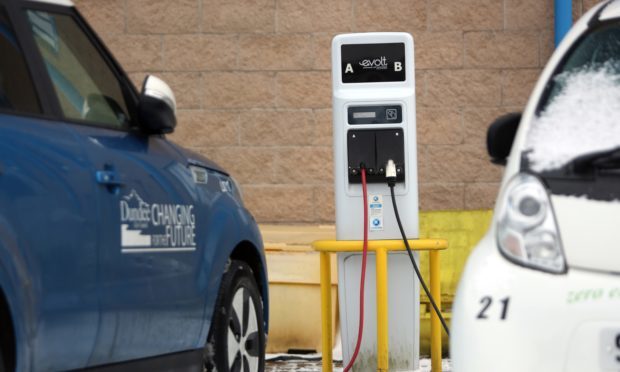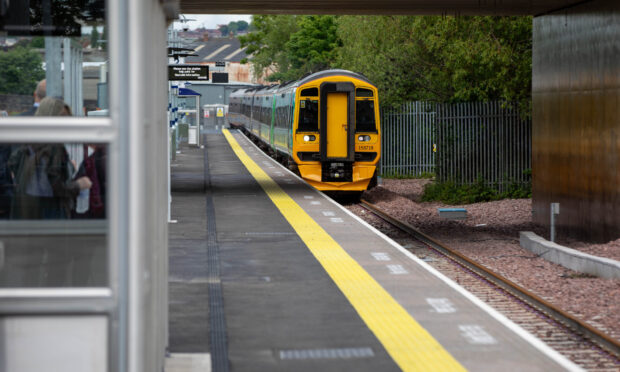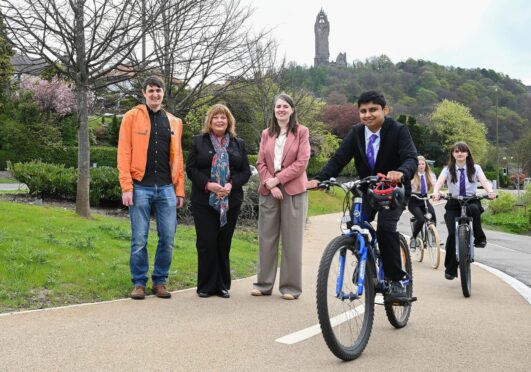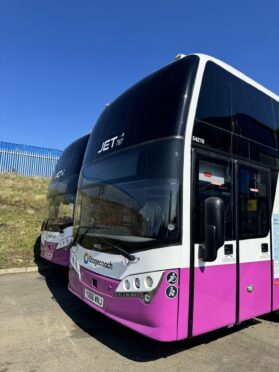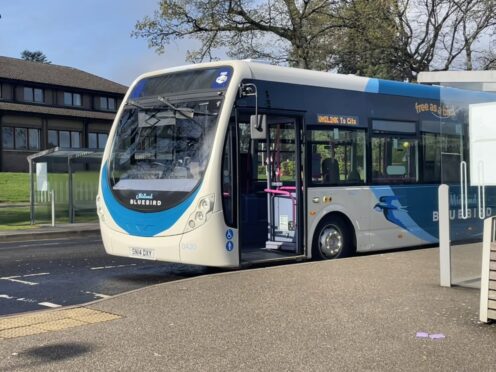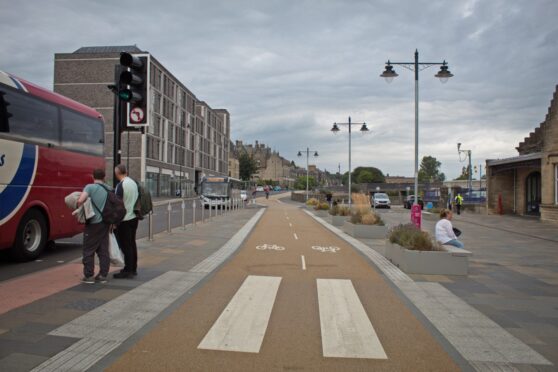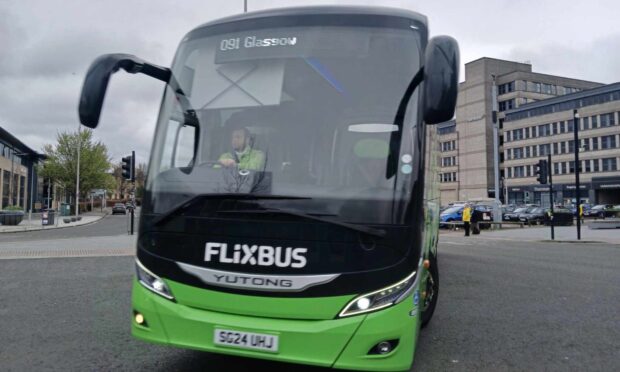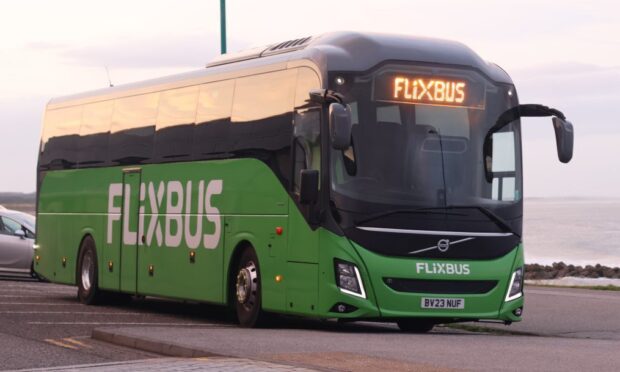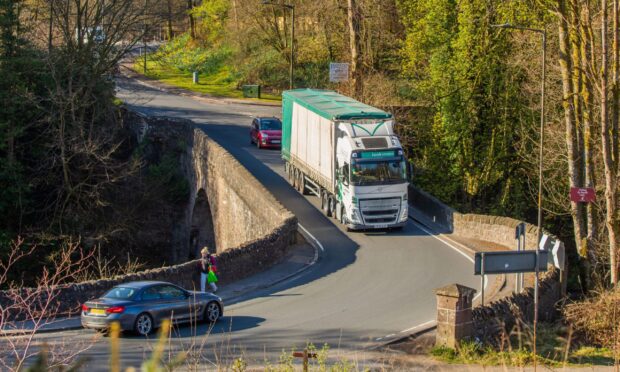Dundee City Council plans to create a car park solely for electric vehicles in the city centre.
The car park on Princes Street will have spaces and charges for 18 vehicles.
It will be created on land near to the Dragon’s Den pub and the bays will only be available to cars while they are charging.
Part of a £1.86 million grant from the Office of Low Emission Vehicles will be used to build the car park.
Councillors on the city development committee will be asked to pave the way for the new car park by approving a variation of off-street parking order when they meet next week.
A spokesman for Friends of the Earth Scotland said encouraging more drivers to switch to electric vehicles would help reduce emissions.
He said: “Dundee’s Seagate and Lochee Road are among the most polluted streets in Scotland so measures to cut the number of fossil fuelled vehicles on the streets are to be welcomed.
“The growth in clean electric vehicles is vital to cutting climate emissions and the air pollution choking our cities, particularly with a Low Emission Zone on the way to Dundee by 2020.”
But he added the environmental charity would rather see more people ditching their cars altogether and using public transport instead.
He said: “However, if we wish to give more people access to transport we need fewer vehicles on our roads, not just newer vehicles.
“Improvements to public transport along with safer walking and cycling paths will help more people to choose to leave the car at home and not have to worry about parking at all.”
Dundee already has some of the most used charging points for electric vehicles in Scotland.
A study released this week found more than 31,000 charging sessions have taken place at council charging points since the start of 2017.
Meanwhile, Dundee City Council revealed this week it wants to create three new residents’ parking schemes around the city centre.
The scheme would see residents in council wards Coldside, Maryfield and the West End pay around £60 a year for permits to park on the street.
Permits will be limited to one per household, although an appeals panel would be set up to consider requests for additional vehicles.
Commuters who park in areas reserved for residents could be ticketed.
